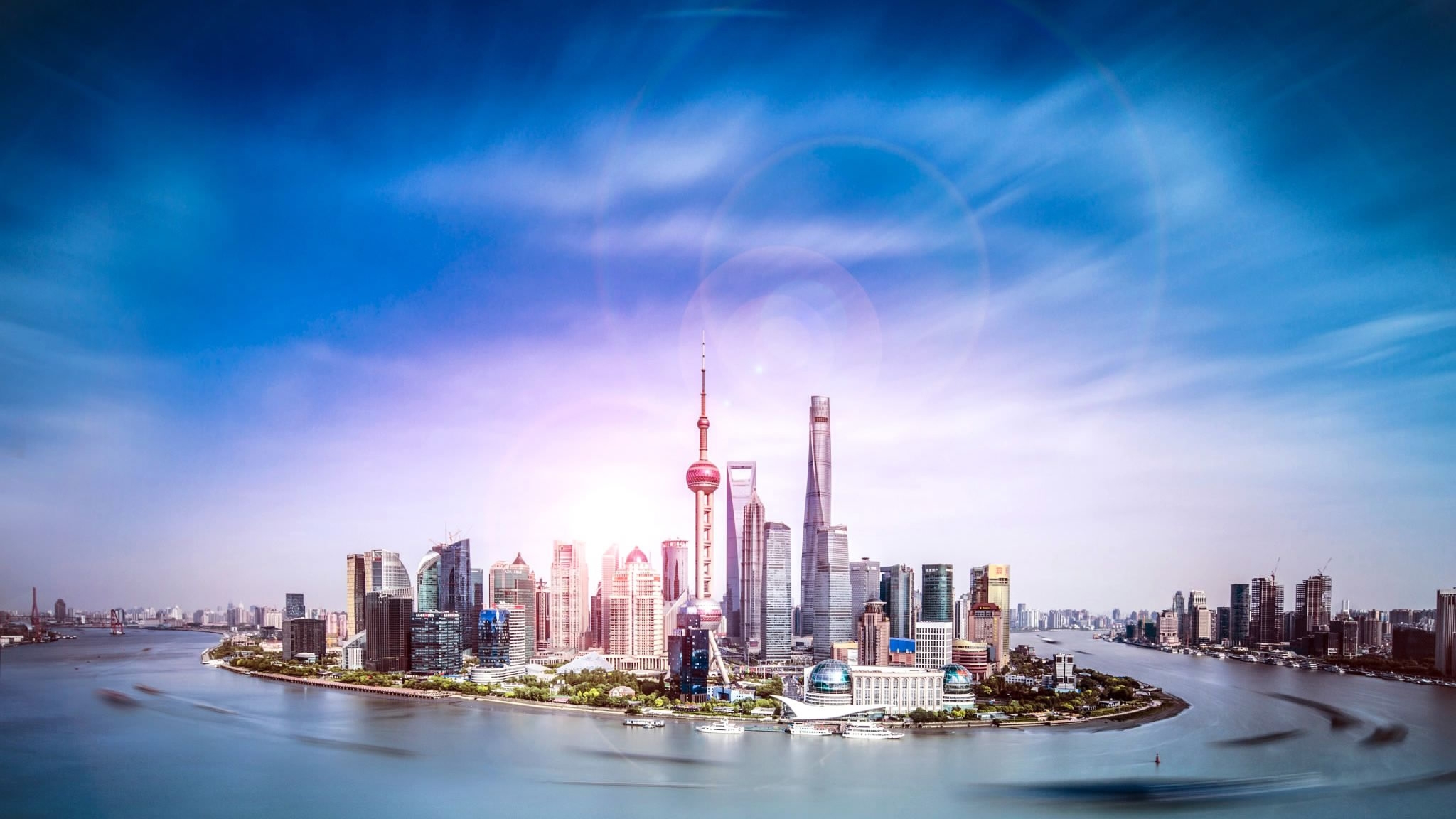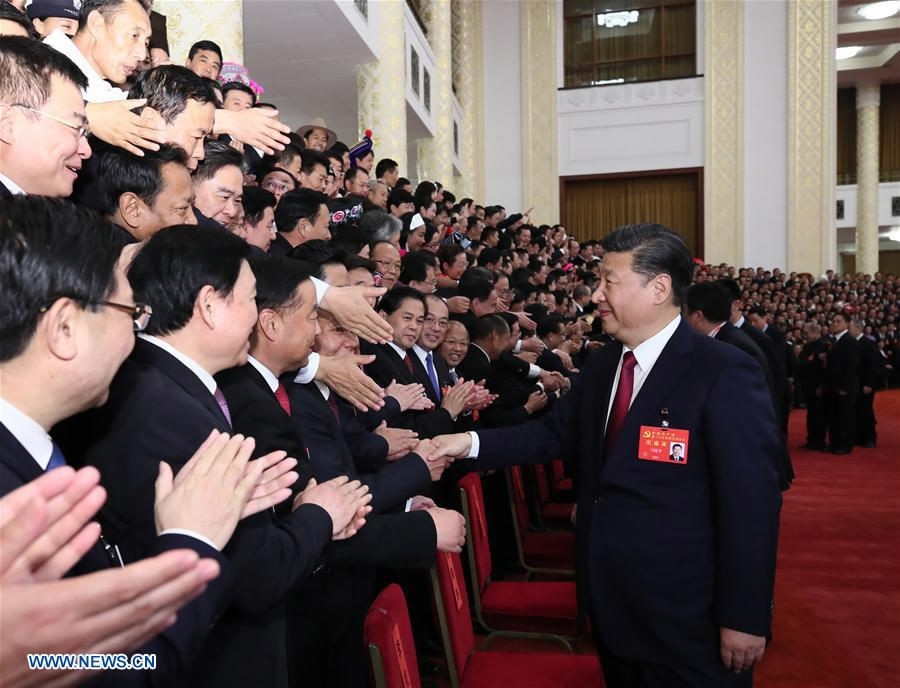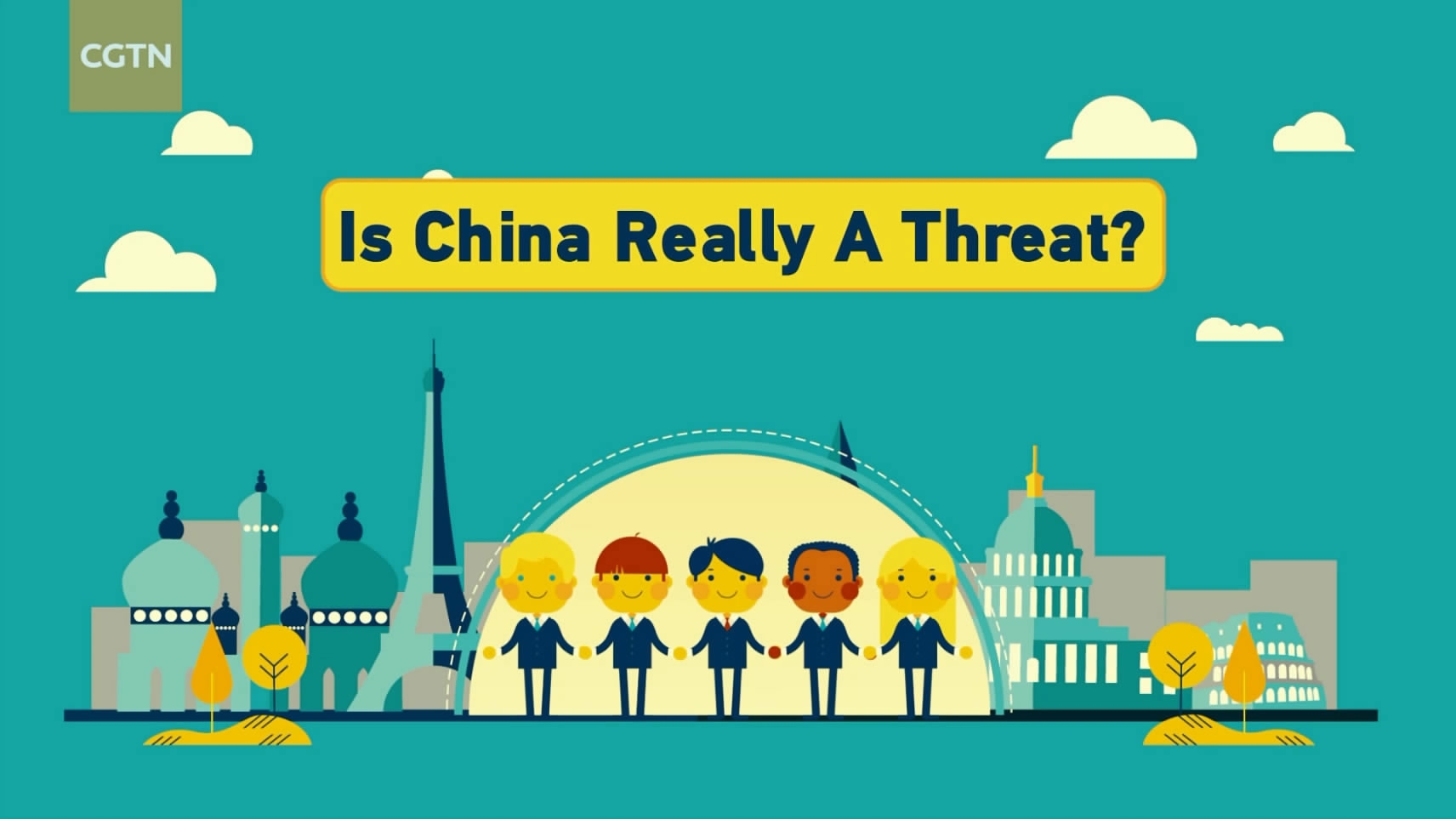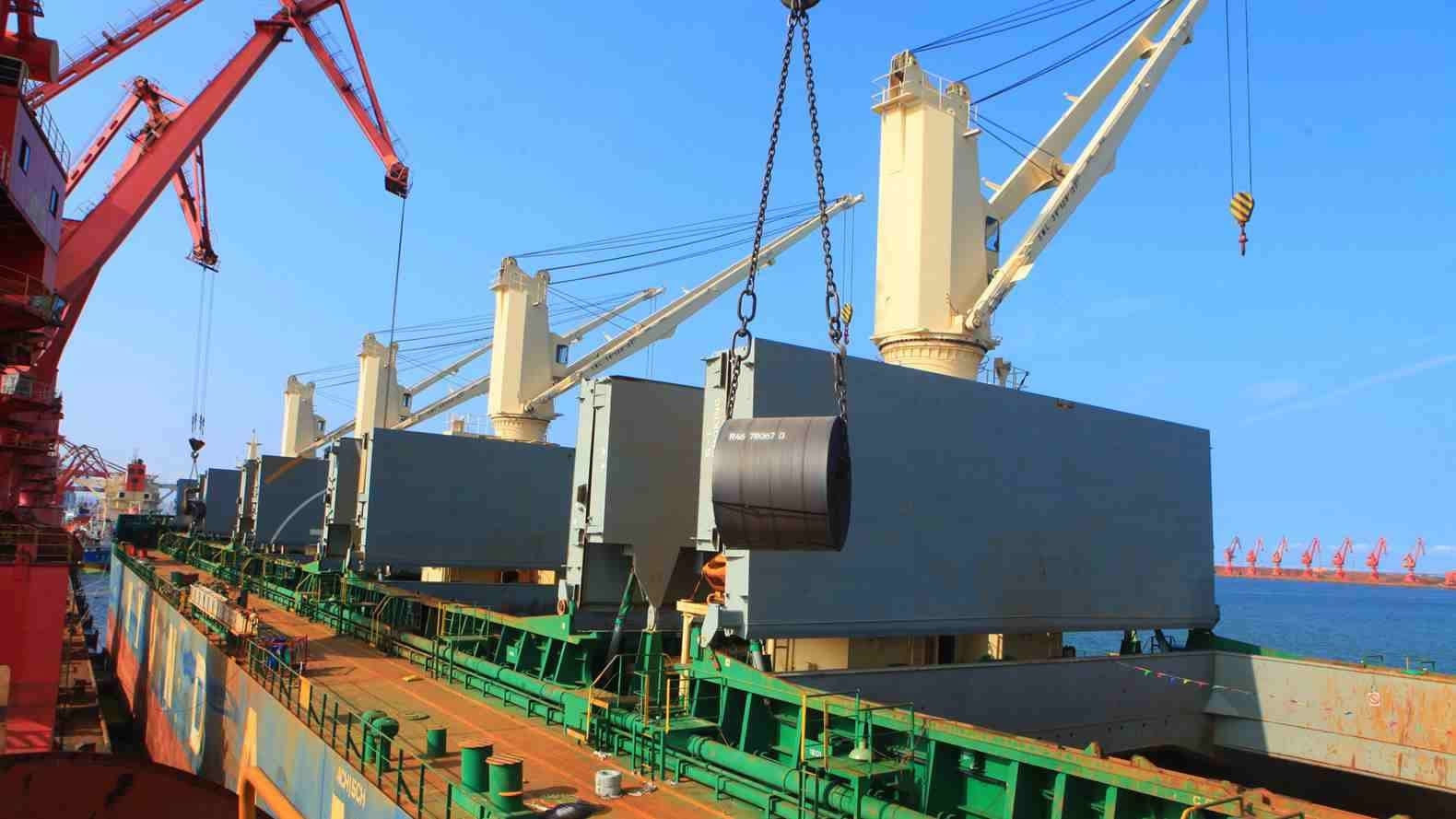
Opinions
12:13, 26-Oct-2017
Opinion: Is a strong China a threat or an opportunity?
Commentary by Dr. Summer

After 96 years of exploration and hard work by the Communist Party of China (CPC), China has entered a new era of development. China has emerged from being a poor country to become the world’s second largest economy, contributing more than one third of global economic growth.
The Chinese nation, after having endured so much for so long since modern times, has achieved a tremendous transformation – it has stood up, grown rich, and become strong; and it now embraces the brilliant prospects of rejuvenation.
In his report to the 19th CPC National Congress, Xi Jinping made clear the implications of Socialism with Chinese Characteristics for a New Era: It has shown to the world the success of China’s socialist system; it has blazed a new trail for other developing countries to achieve modernization; and it has offered not only a new option for other countries and nations who want to speed up their development while preserving their independence but also Chinese wisdom for and approach to solving the problems facing mankind.

Xi Jinping, general secretary of the Communist Party of China (CPC) Central Committee, meets with delegates of the 19th CPC National Congress at the Great Hall of the People in Beijing, Oct. 25, 2017. /Xinhua Photo
Xi Jinping, general secretary of the Communist Party of China (CPC) Central Committee, meets with delegates of the 19th CPC National Congress at the Great Hall of the People in Beijing, Oct. 25, 2017. /Xinhua Photo
At this moment, some people are raising questions such as "What does a strong China mean to other countries?" "What does Socialism with Chinese Characteristics for a New Era mean to the world?" and "Is a strong China a threat or an opportunity?"
The "China Threat" question is nothing new. The concept was created by some Western researchers in the early 1990s when China was beginning to develop under the CPC’s reform and opening-up policy. They warned that an awakening dragon, referring to China, with increasing economic and military power would pose serious threats to Asia and the world.
Since then, several versions of the China Threat concept have been floating around: Whenever China announces a higher GPD growth, it is viewed as a threat to other markets; whenever China achieves a scientific breakthrough, it is viewed as a threat to other countries; even when China suffers a major natural disaster, it is viewed as a threat or danger of the 1.3 billion Chinese flooding to other countries as refugees in case of a break-down of the government. The purpose remains the same – serving as a pretext for some Western countries to contain China.
Facts speak louder than words! Over the decades, a growing China has shown the world a different path of development. In the past, Western powers all depended on gunpowder and colonial rule for their rise. But a strong and different China has repeatedly demonstrated its willingness to work with other countries for a win-win solution to problems facing the world, such as financial crisis, economic slowdown, environmental protection and various forms of terrorism. Regional and global cooperation mechanisms such as the Boao Forum, the Belt and Road Initiative and the Asia Infrastructure Investment Bank proposed by China are gaining momentum as more and more countries and regions are joining in.

UN Statistics show that during the five years between 2010 and 2015, China’s imports increased from 9.1 percent to 10.1 percent of the world’s total and its service imports increased from 4.8 percent to 9.9 percent of the world’s total. Last year, despite a slow economic recovery worldwide, China’s imports of iron ore, crude oil, medicine and auto parts kept increasing with its service imports increasing by 23.7 percent for the first 10 months. China’s direct overseas investment was 900 million US dollars in 2000 and the figure increased to 161.7 billion US collars last year. These increases in China’s imports and overseas investment have played a positive role in pushing the world’s economic recovery.
As for what can be expected of China in the future, the 19th CPC National Congress has made guidelines for the country’s diplomacy in the years to come. Among other things, China will foster a new type of international relations, create a new global governance system and build a community with a shared future for mankind.
Xi Jinping also outlined some major policies in his report to the Party Congress:
--- The dream of the Chinese people is closely connected with the dreams of the peoples of other countries.
--- China will boost cross-cultural exchanges characterized by harmony within diversity, inclusiveness, and mutual learning; and cultivate ecosystems based on respect for nature and green development.
--- China will adopt policies to promote high-standard liberalization and facilitation of trade and investment, significantly ease market access, further open the service sector, and protect the legitimate rights and interests of foreign investors.
--- China pursues a national defense policy that is in nature defensive. China’s development does not pose a threat to any other country. No matter what stage of development it reaches, China will never seek hegemony or engage in expansion.
--- China follows the principle of achieving shared growth through discussion and collaboration in engaging in global governance. China stands for democracy in international relations and the equality of all countries, big or small, strong or weak, rich or poor.

Steel waits for export. /CFP Photo
Steel waits for export. /CFP Photo
The world is undergoing major developments, transformation, and adjustment, but peace and development remain the call of our day. The trends of global multi-polarity, economic globalization, and cultural diversity are surging forward. Countries are becoming increasingly interconnected and interdependent. No country alone can address the many challenges facing mankind. The future of the world rests in the hands of the people of all countries; the future of mankind hinges on the choices they make.
As more and more countries have realized that China’s development is closely related to their development, it makes sense to drop the old mentality of a win-or-lose fight and adopt the new approach of win-win cooperation.
With all that said, my conclusion is that if you regard China as an opponent, you see its development as a threat, you seek confrontation and you could be the winner or loser; if you regard China as a partner, you see its development as an opportunity, you seek cooperation and you both will be the winner.
(With a doctoral degree in communications from the China University of Communications, the author has been working in the field of international journalism for 30 years. The article reflects the author's opinion, and not necessarily the view of CGTN. )

SITEMAP
Copyright © 2018 CGTN. Beijing ICP prepared NO.16065310-3
Copyright © 2018 CGTN. Beijing ICP prepared NO.16065310-3